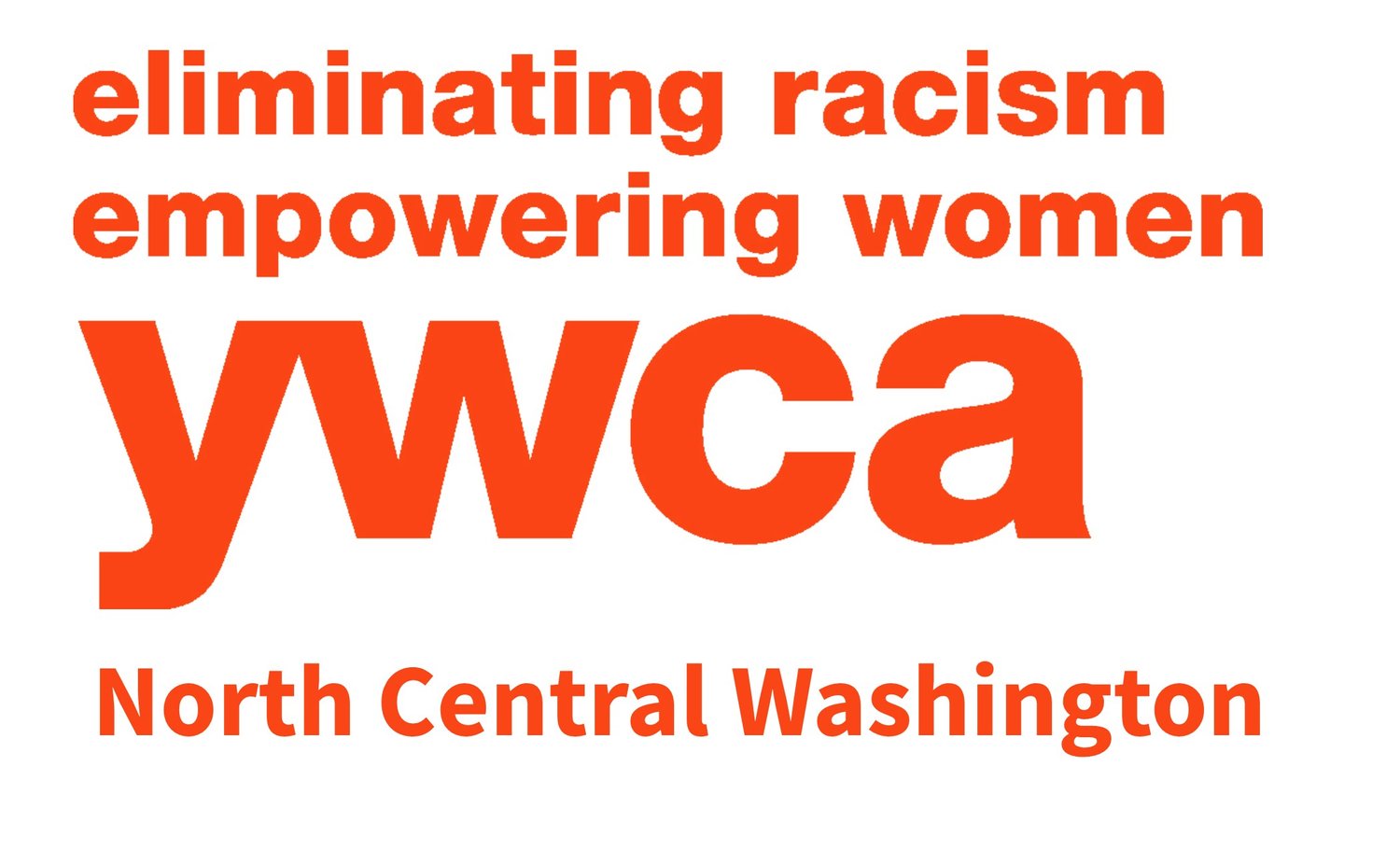Women share ideas, experiences at YWCA forum
- Mariah Bowen-Picard, crime victims advocate, Together! For Youth.
- Jessie Ka’ahumanu Ray Coen, electronic health record trainer, Confluence Health.
- Jessica Esparza, registered nurse, Confluence Health.
- Luz Estrada, tutor, Pioneer Middle School.
- Yuritzi Lozano, camp director, Wenatchee Valley College.
They answered several questions from a moderator in addition to chatting with some audience members.On the future for women of color:Coen, a Polynesian woman born in Hawaii, said she’s had conversations with her children that white parents don’t need to have. However, she believes going through such situations has taught her to solve problems and lead diverse groups of people.“Women of color are becoming the most educated groups of people in all of America, black women in particular leading that charge,” she said. “If we start to give women of color the right to be at the table with us in business, in professionalism, in education, then I just see a great change coming.”Esparza, a Latina, said she hopes her younger sisters can further their education without the obstacles she faced, and she also wants to see more women of color serving as role models. Growing up, she said, she had no one to look up to who was the same color.Bowen-Picard, who has black and Native American ancestry, said she wants everyone to understand that people are all different with unique backgrounds and perspectives. It’s been tough for her to explain her feelings on certain issues to her white husband and other white family members, she said.On barriers women of color face locally:Lozano said when she speaks Spanish to another Latino person, she’s sometimes told, “Go back to your country.”“This is my country. This is where I’m contributing,” she said. “It’s understanding that those things still have a significant impact on our lives. At the end of the day, I still have to take that home and unpack it every day. Those are continuous barriers, not only for me but for many people of color in our community.”Esparza said she’s dating a white man and has hoped that their potential future children have light skin so they can avoid race-related struggles. She’s also wondered if her children’s grandparents would love them the same as white, blue-eyed grandchildren.For Estrada — who identifies as queer and is in a relationship with a transgender woman — many setbacks have come from her own Latino community. She said she often feels excluded because of her identity.On how the community can better support women of color:Bowen-Picard praised English as a second language classes, but said she’d like to also see Spanish speakers share their language.“You’re in the grocery store at the same time as a parent at your (child’s) school who is Hispanic or African-American, but how often do you really say hello?” she said. “Wenatchee needs to work on being good neighbors.”Estrada suggested buying from businesses owned by people of color and reading books from authors of color.Coen encouraged attendees to question why people of color aren’t included in certain decisions or projects. Paying for school lunches or donating toward tuition can also make a major difference, she said.“We don’t have to be a certain way for you to support us,” she said. “We (panelists) are all professional women of color, but guess what? There’s a ton of uneducated women of color that need your help, too. We shouldn’t just be supporting people in our shoes.”
Reach Bridget Mire at 509-665-1179 or mire@wenatcheeworld.com. Follow Bridget on Twitter at @bridget_mire.
